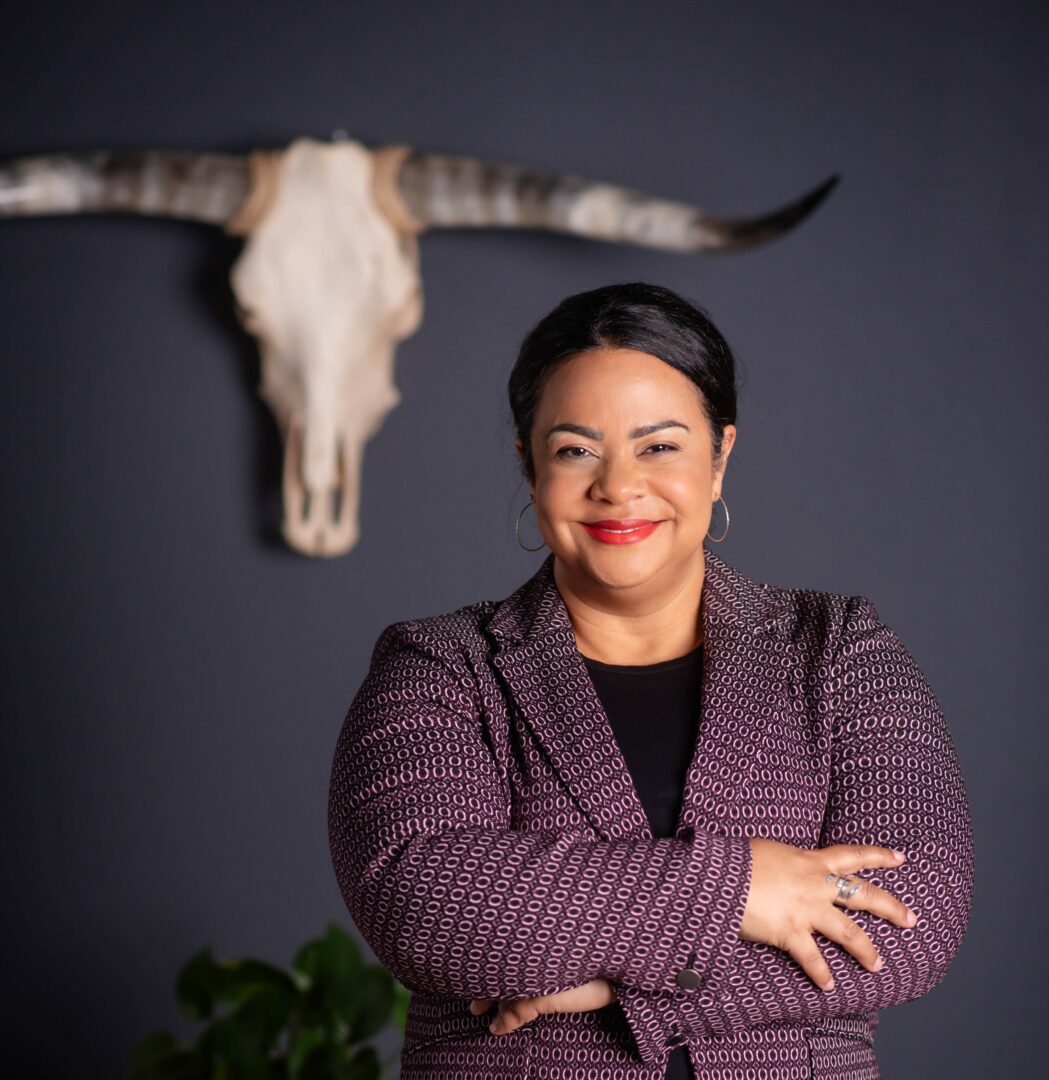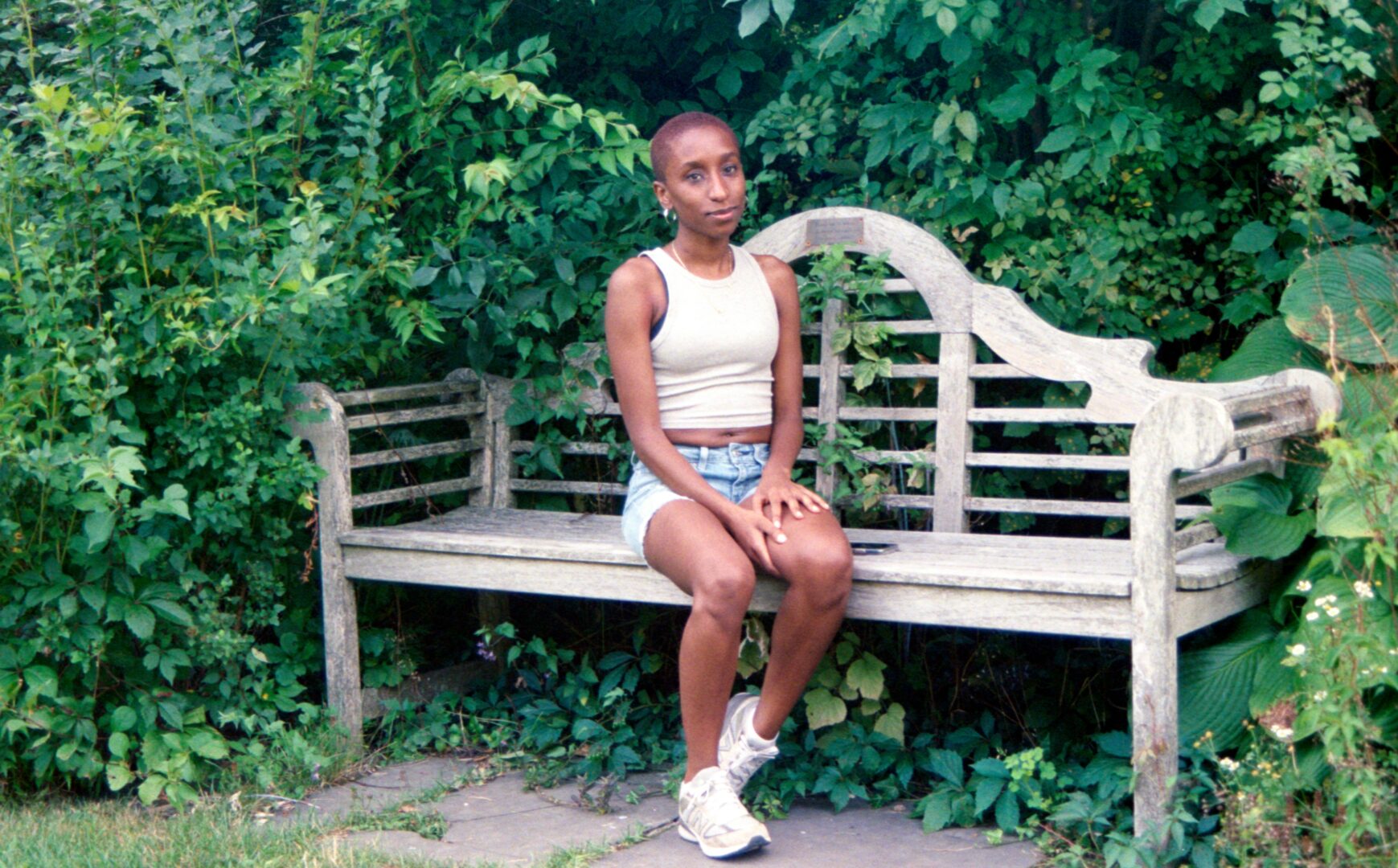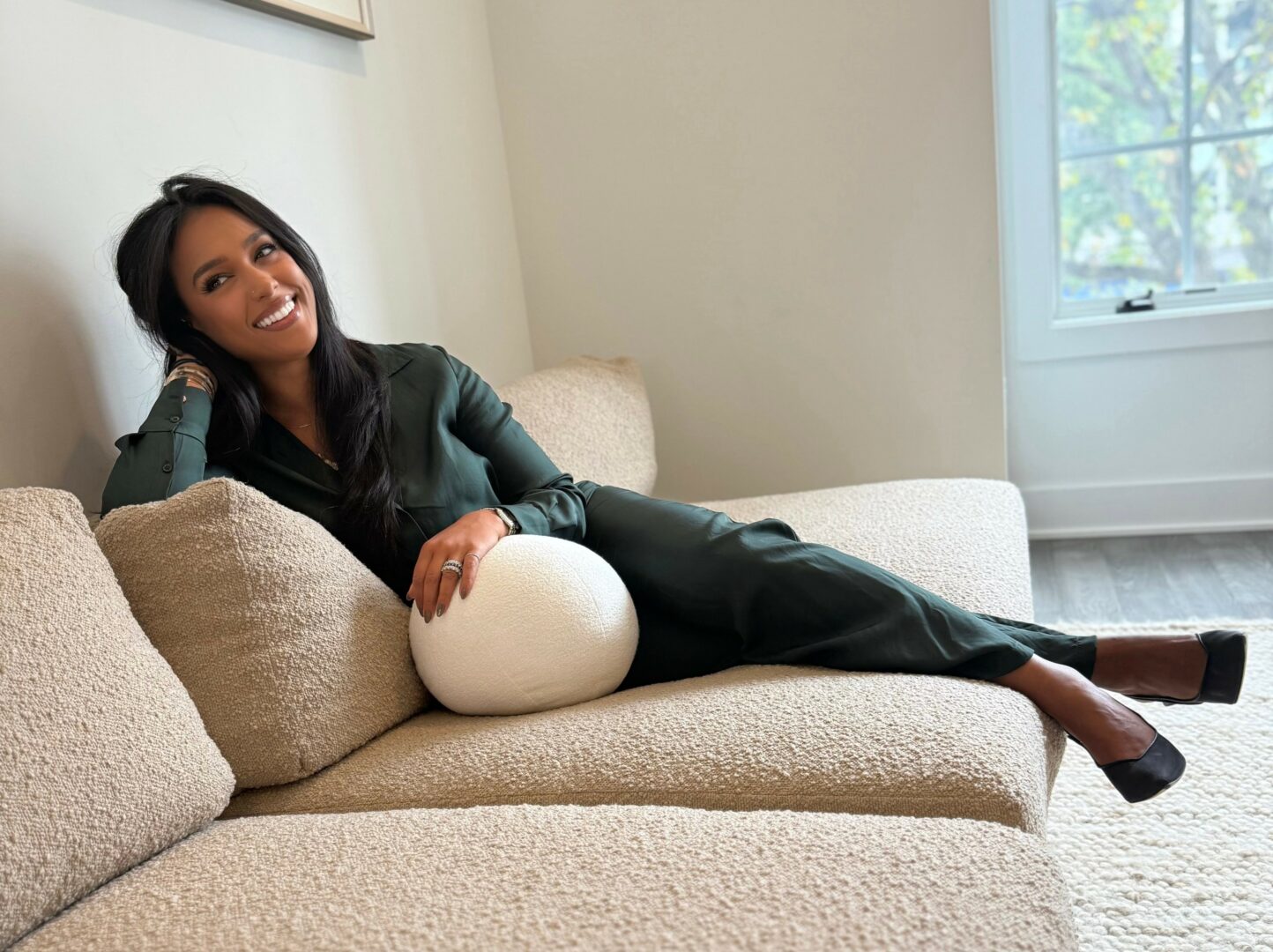Anne McAuley Lopez shared their story and experiences with us recently and you can find our conversation below.
Good morning Anne, it’s such a great way to kick off the day – I think our readers will love hearing your stories, experiences and about how you think about life and work. Let’s jump right in? What do the first 90 minutes of your day look like?
Great question! Over the last year and a half, I’ve been refining my personal and business routines. The first 90 minutes of my day are household chores like making the bed, getting ready, walking the dog, and making coffee. I listen to a podcast or music, or enjoy the first part of my day silently. My favorite podcast, People are the Worst, releases a new episode on Thursdays, so I might fold laundry while listening. Other days I listen to a book or other podcasts. In the winter, I like to read in the evening but in the summer I like reading in the morning, typically in the first 90 minutes of my day. Then I head to my home office to check email and begin my writing for the day,
Can you briefly introduce yourself and share what makes you or your brand unique?
I’ve been a professional writer since being laid off from corporate America in 2010. Agency Content Writer provides limited blogging services and focuses on ghostwriting memoirs for mid-career professionals and book coaching.
After being laid off, a friend asked what I wanted to do. I knew it wasn’t updating my resume and interviewing for jobs I didn’t want. Instead, I launched my writing career with a blog created by a college student and a logo designed by a graphic designer friend, McAuley Freelance Writing. That was when businesses were starting to see the value of social media. I began working with a PR firm, writing social media posts, primarily on Facebook, and blogging for small businesses. She showed me the ropes, and as I discussed my new career, friends began referring their friends to me, and business grew.
About eight years later, I moved to the Agency Content Writer brand, focusing on partnering with digital marketers and blogging for them and their clients. Social media grew into it’s own lane and I didn’t want to be there, so I focused on longer form.
In 2016, just four months after getting married, I was diagnosed with Chronic Myeloid Leukemia (CML), taking a daily chemo pill, which I do to this day. While the medication put the leukemia in remission, it caused a number of side effects, including brain fog and fatigue, making it challenging to attend networking meetings and focus on writing. I kept a few writing clients and then, during the pandemic, worked in my friend’s estate planning law office. I was using skills I grew managing my business, which was in a lull at the time, like so many businesses. The law firm was growing and it was a wonderful experience to stretch my skills.
It was time to write my own book. My pandemic project, alongside the law office, was writing my first book called We Don’t Get to Ring the Bell: My CML Story. It is a memoir about my leukemia journey that also answers the most commonly asked questions about CML. To date, I’ve sold 380+ copies and given away dozens to cancer patients and supporters. My husband and I volunteer with Blood Cancer United, formerly The Leukemia and Lymphoma Society, and have raised more than $45,000 for blood cancer research and awareness.
After writing my book and working with my editor friend, she and I decided to launch our own book writing and editing service, finding clients within our networks who wanted to write about their careers and life experiences. Together, we’ve written a half dozen books with more on the way.
I love the process of telling stories and writing books because, as my tagline says, everyone has a story. Yours just needs to be told.
Amazing, so let’s take a moment to go back in time. Who were you before the world told you who you had to be?
I was a writer from a young age. When I was given the choice to do a poster board project or write an essay, I always chose to write the essay. I had a wonderfully talented and passionate English teacher named Mrs. Leo for fifth, seventh, and eighth grades and while she was tough, I learned a lot from her. Out of our class of about 40 students, I think about 10 of us are creatives; that’s how much she influenced us. A few years ago, I had the opportunity to meet her for lunch, and she was so happy to hear how a group of her students was doing even after so many years.
Then college came. I graduated with an Economics degree from the University of Connecticut (Go Huskies!). Growing up a train ride from New York City made me believe I needed to go into business. Truthfully, I was recruited for a job at a publishing house in NYC and rejected the offer in favor of investment banking, a choice I still regret.
I stayed in the world of numbers and analytics until the 2010 layoff when I launched my writing career.
If you could say one kind thing to your younger self, what would it be?
I would tell myself to take the job at the publishing company in New York City instead of the investment banking job. That is still my one regret in life. Of course, I may have never moved to Arizona and met my husband so I guess it all worked out!
Next, maybe we can discuss some of your foundational philosophies and views? What are the biggest lies your industry tells itself?
Content creators are increasingly telling themselves that AI is taking over their industries. The reality is that while AI is helpful, the world still needs the human touch.
When AI was becoming more popular for content creation, I admit I was nervous. I feared it would write articles and books without the help of professional writers like me. I had spent 15 years building a business only for it to be taken over by the bots I feared. I am happy to say that after working in AI platforms like ChatGPT and Claude, I see many opportunities for writers. In fact, I think we can pivot to include AI in our writing process, for idea generation, outlining, and research.
The hill I am willing to die on is that AI doesn’t know your stories or the story of your business or nonprofit. It doesn’t know that on your first business trip you ate peanut butter and jelly sandwiches out of the cooler in the trunk of your car. AI doesn’t know you love dogs or that you grew a business during a recession. It doesn’t know your family stories that cause everyone to belly laugh when reshared every holiday. That’s where professional writers can shine.
We are the storytellers. AI can’t do that, at least not yet.
What we need to do now is research how to capitalize on the technology of AI to create content and tell stories that are engaging to attract our target audience. The process has changed, but there are stories to tell. The question to answer is where, if at all, you want to be in that ecosystem.
Okay, we’ve made it essentially to the end. One last question before you go. If you knew you had 10 years left, what would you stop doing immediately?
I don’t think I’d change anything except make the trip to Bora Bora and stay in a treehouse over the ocean if I found out I only had 10 years to live.
Getting a diagnosis of CML in 2016 made me review my entire life. Who were my friends? Who supported my husband and I during that time and since then? What values and experiences are most important? Where do I want to travel? I’ve asked myself all of these questions since my diagnosis. And I’ve made choices about who I support, who is a friend, and who needs to stay at arm’s length. Self-reflection, a supportive spouse, and therapy helped me create a life I love.
Contact Info:
- Website: https://agencycontentwriter.com/
- Instagram: https://www.instagram.com/agencycontentwriter/
- Linkedin: https://www.linkedin.com/in/annemcauleylopez/
- Other: https://annemmcauleylopez.substack.com/
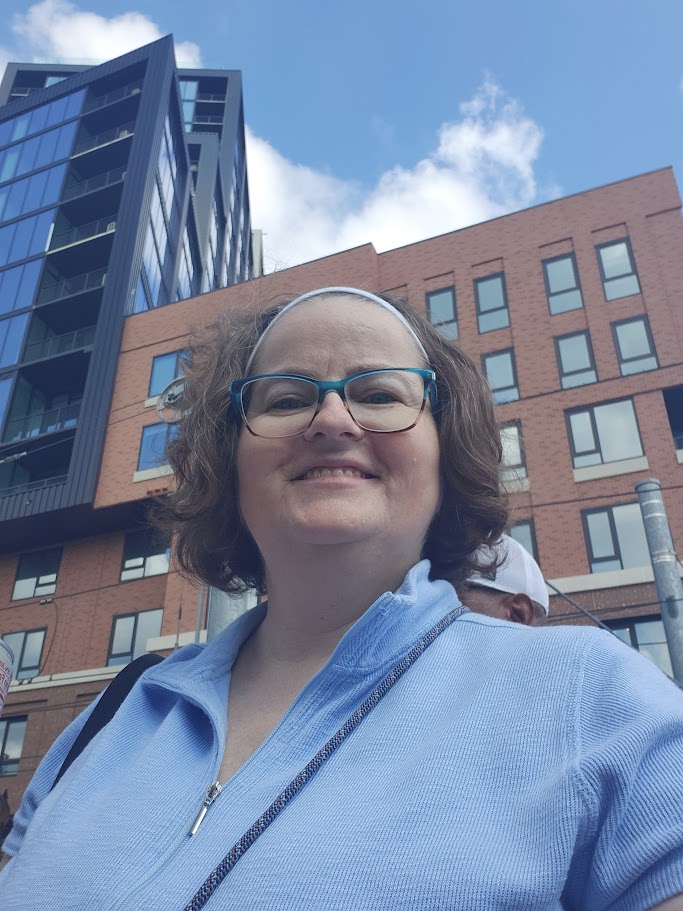
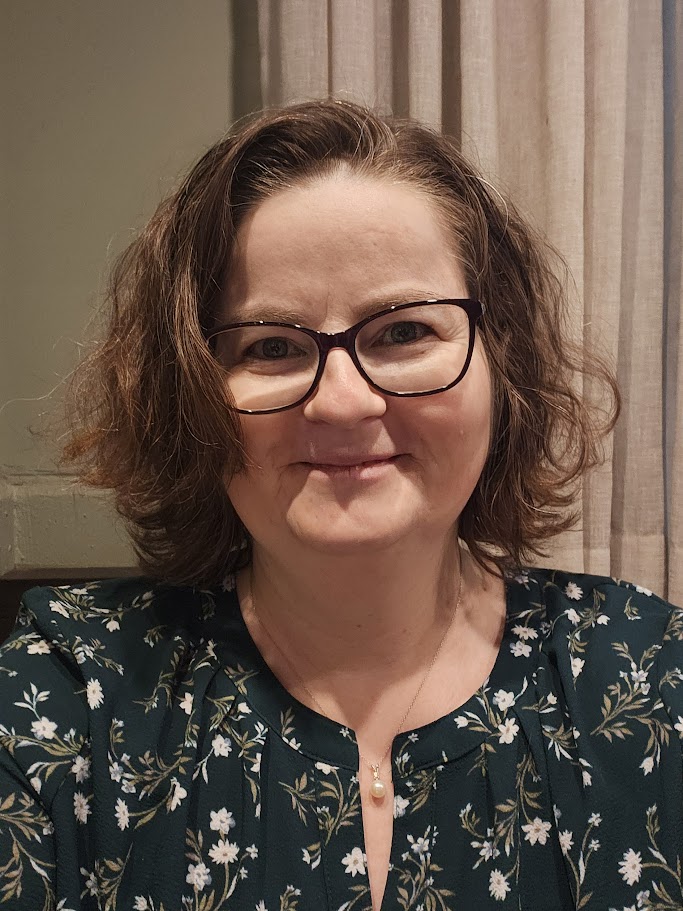
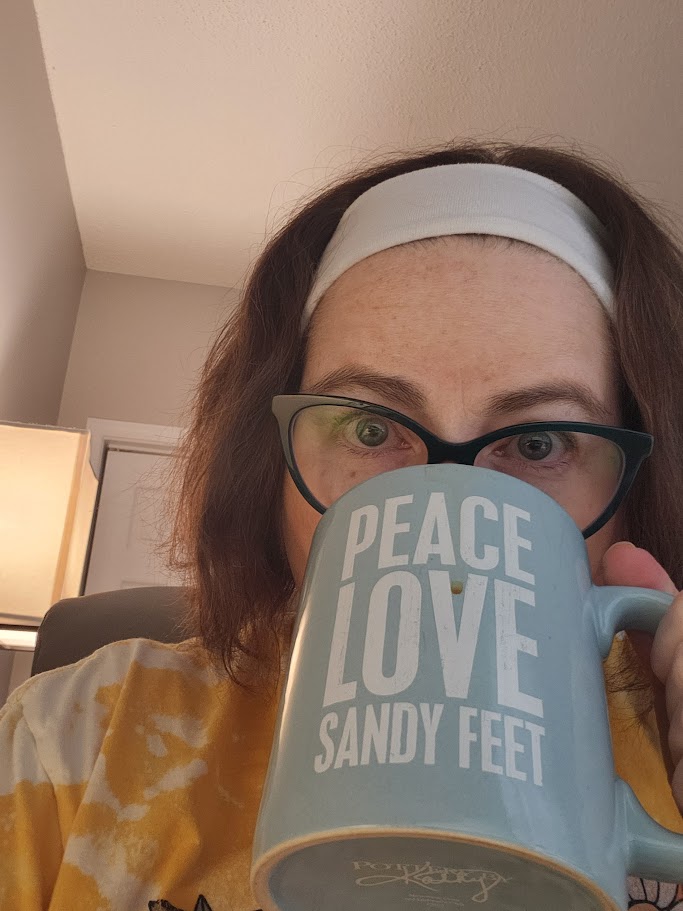
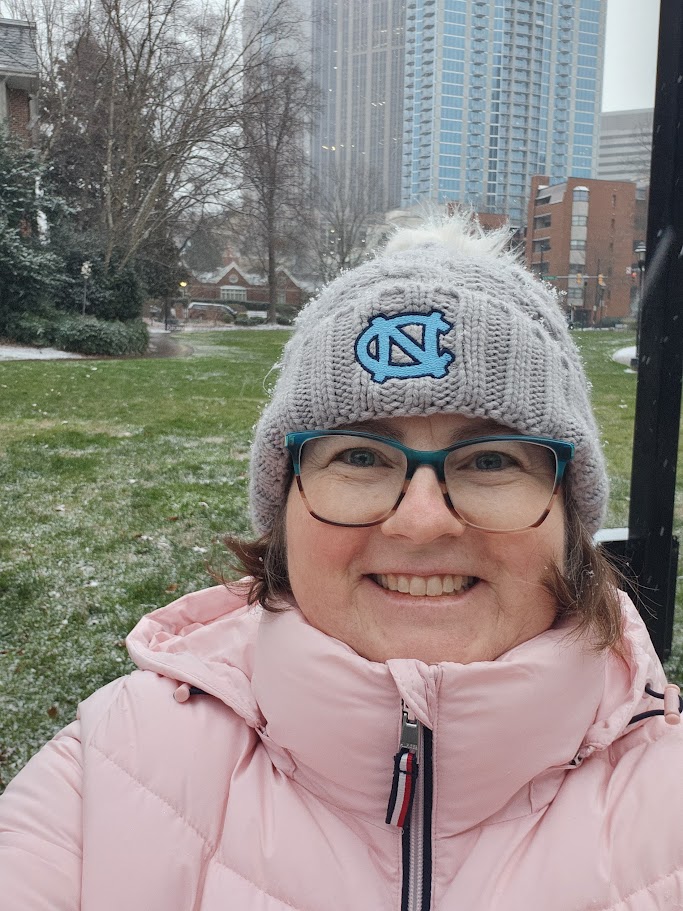
so if you or someone you know deserves recognition please let us know here.


